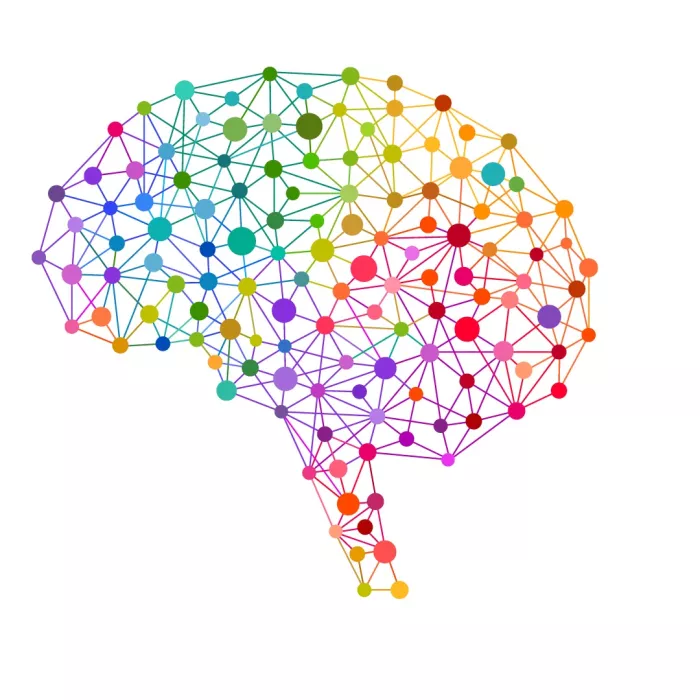
New insights into the social cognition of non-human primates using automatic cognitive testing

- research
Humans live in large groups, and this is thought to have played a key role in the success of our species because group life can bring important benefits such as hunting of large preys, defence against predators, division of labour, cooperative care of babies and infants, etc. However, group life results in a constant trade-off between group benefits resulting from coordination, cooperation and the sharing of information and increased within-group competition for food and mating resources. To increase the benefits and mitigate the costs, humans use a variety of strategies to solve collective problems that are often based on linguistic communication. I will present results from a set of recent experiments that suggest that Guinea baboons, like humans, can fine tune their behaviour to the actions of their partners to solve coordination and cooperation problems, suggesting that language is useful but not necessary to solve new collective problems. Our results support the idea that humans’ capacity for living in large cooperative groups is built upon deep evolutionary roots that allowed individuals to adjust their behaviours to their partners to make the most of collective benefits.
